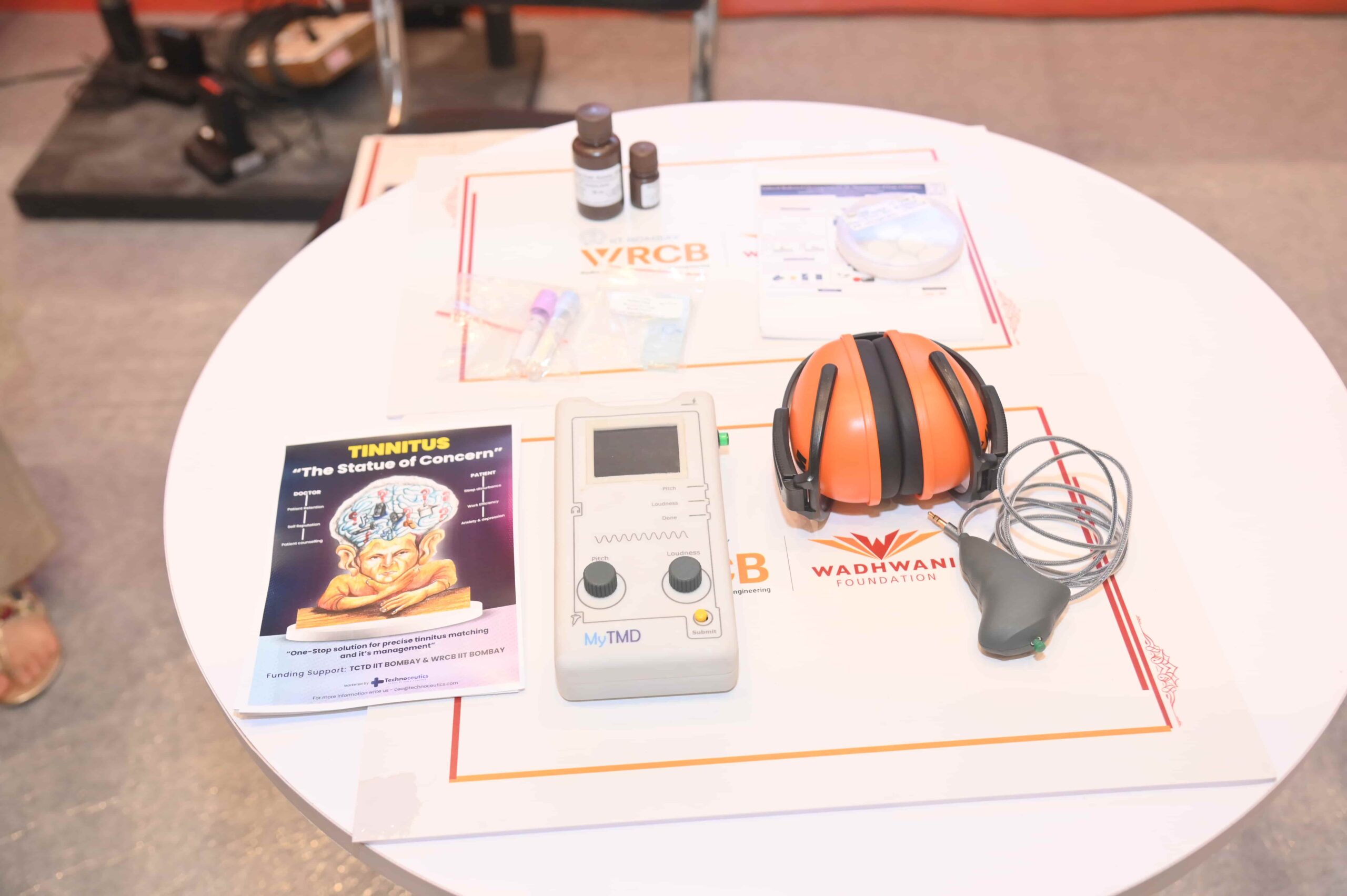There’s a quiet shift happening in the job market.
As AI tools rewrite roles across industries, it’s no longer your coding skills and certifications or polished resumes that set you apart. It’s your ability to think on your feet, connect with others, and make judgment calls machines can’t.
Welcome to the era of Soft Skills 2.0 — the real driver of career growth in the AI age.
Soft Skills 2.0: What’s different now?
In the past, soft skills meant being a “team player” or having “good communication.” Important, yes. But today’s workplace needs more than that.
Soft Skills 2.0 refers to human strengths adapted for tech-heavy, constantly changing work environments. It’s the ability to shift gears mid-task, use AI tools effectively without losing judgment, and express empathy — even in a three-line chat message.
For example, imagine resolving a conflict over Microsoft Teams or giving constructive feedback via Google Chat. There’s no tone of voice or body language—just your words. That takes digital emotional intelligence.
And as more workflows involve AI suggestions, fast deadlines, and remote teammates, soft skills are no longer just a nice-to-have. They’ve become the real test of how well someone can function in modern work settings.
Learners often expect to be tested on hard skills. What surprises them? Employers now ask:
“Can they think under pressure?”
“Can they adapt when the AI tool gives the wrong output?”
“Can they collaborate—across time zones and tech stacks?”
That’s what Soft Skills 2.0 is all about.
3 Soft Skills That Are Quietly Becoming Non-Negotiable
1. Learning Agility
Real query: “How do I build learning agility at work?”
Learning agility is your ability to pick up new skills quickly and apply them in unfamiliar situations. In fast-changing work environments, it’s what allows people to stay effective—even when the tools, goals, or teams keep shifting.
Unlike hard skills, which may lose relevance with changing tools or technology, learning agility helps individuals stay effective across shifting roles and functions. It’s especially relevant as more employers look for future-focused capabilities over traditional credentials.
We emphasize this across our skilling programs by integrating the following:
- Simulated decision-making tasks that push learners beyond their comfort zones
- Peer feedback and reflection loops that build adaptability
- And skill sprints where concepts must be applied in short, real-time scenarios
For those navigating unpredictable job markets, building agility in how you learn is often more valuable than learning one more tool. In fact, we’ve explored how this mindset shapes hiring conversations in more depth here.
2. Digital Emotional Intelligence
It’s one thing to be empathetic face-to-face. It’s another to express it through a three-line email or a video call with a frozen screen.
Today’s soft skills requirements include:
- Reading tone across chat tools
- Giving feedback kindly and clearly
- Picking up non-verbal cues in remote settings
- Leading a project without ever meeting your team in person
This is where digital emotional intelligence comes in—your ability to interpret tone, manage boundaries, and respond with empathy in virtual setups. As remote and hybrid models become permanent, emotional skills are no longer limited to in-person interactions.
3. Human Judgment in AI Collaboration
AI doesn’t remove human skill—it raises the bar for it.
You still need to:
- Spot nuance that AI can’t
- Make ethical decisions when the output seems “good enough”
- Adjust your tone depending on the audience and platform
Now, using AI is easy. Knowing when not to rely on it—that’s the human edge.
Soft Skills 2.0 includes:
- Identifying biased or incomplete AI-generated results
- Reframing prompts based on context and audience
- Blending intuition with output to make informed decisions
That’s why, in our GenieAI-powered simulations, learners are encouraged to challenge the AI rather than accept it at face value. It’s this judgment layer that companies are hungry for—because AI assists but doesn’t replace accountability.
We teach learners not just how to use AI tools—but how to question them. That’s a skill that no machine will replace soon.
What Machines Can’t Teach—And What Jobs Can’t Ignore
Roles will change. Tools will be updated. What stays in demand?
Your ability to think clearly, respond kindly, and adapt quickly.
Whether someone is prepping for their first interview or switching industries, our skilling pathways embed soft skills—not as optional extras but as core career enablers.
In JobReady, learners build communication, resilience, and teamwork from Day 1.
In JobRise, soft skills are integrated into industry-aligned simulations.
Through GenieAI, job seekers practice real-life conversations, receive performance feedback, and engage in problem-solving scenarios in AI-assisted, human-guided formats.
These are not short-term employability skills. They shape how you grow in your career—across roles, tools and challenges.
It’s time we stop calling these “soft.”
They’re the skills holding the future together.




